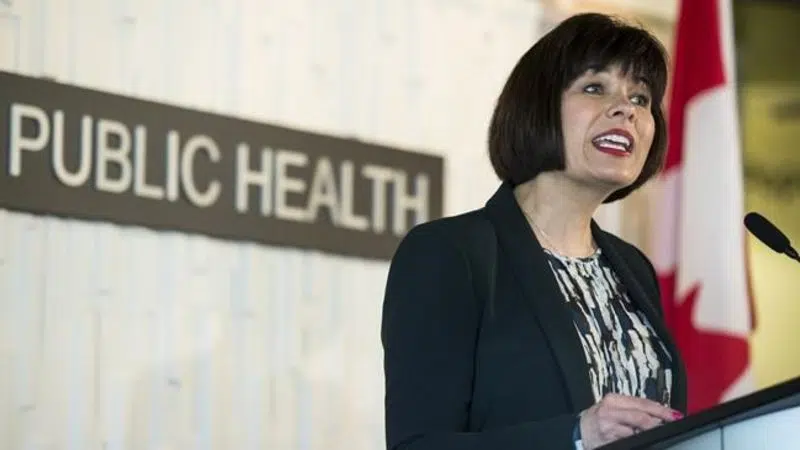
Trudeau Liberals pledge $150M toward big-data cancer research initiative
OTTAWA — Months after first promising money to a cancer research network bearing Terry Fox’s name, the federal health minister touted the spending at an event Thursday.
The infusion $150 million in federal funding over five years will help build a network of top-tier cancer researchers whose aim will be to advance the science of individually customized cancer treatments, known as precision cancer medicine.
This emerging treatment uses big data, new technologies like genomics, and artificial intelligence to design individual treatments for patients based on the biological and genetic makeup of their cancer.
The federal funding to the Terry Fox Research Institute, first unveiled in this year’s federal budget, will be matched by the network’s partners to develop the $300-million cancer research initiative called the Marathon of Hope Cancer Centre Network.

